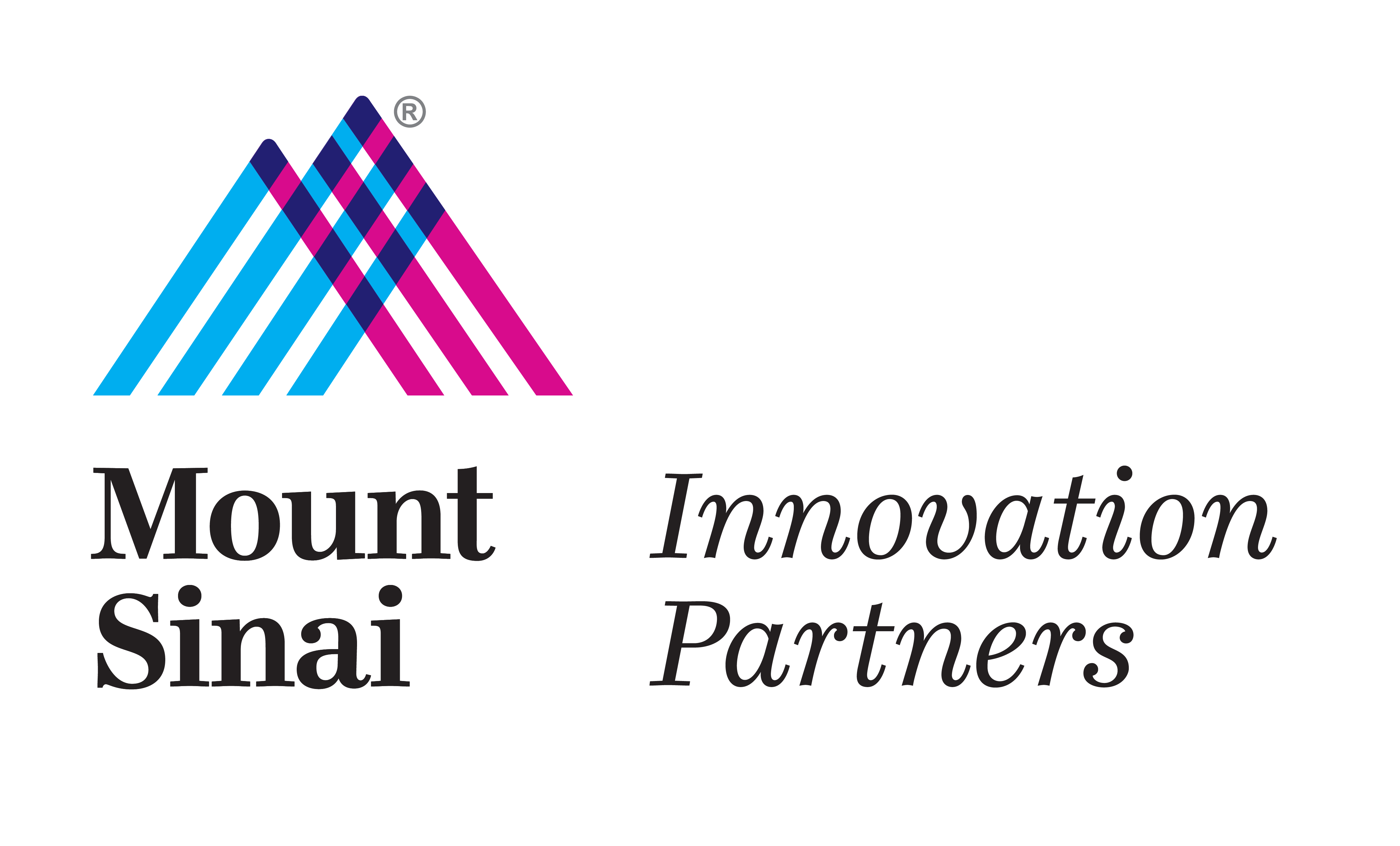There is a huge potential economic impact of establishing a treatment for hepatic fibrosis. Progressive fibrosis of the liver often results in organ failure leading to death or the need for transplantation. These diseases affect hundreds of millions in the United States and worldwide. With steady advances in the understanding of hepatic fibrosis, the medical and patient communities are now anxiously awaiting progress in its treatment.
Imatinib has inhibitory activity across a number of related receptor tyrosine kinases, including beta-PDGF receptor, a key mediator of stellate cell activation in hepatic fibrosis. Dr. Friedman’s group has uncovered a new link between imatinib’s ability to attenuate stellate cell activation and potentially enhance hepatic regeneration by stimulating IL-6 production, a regenerative cytokine. In vivo, imatinib administered to rats beginning 4 weeks after starting thioacetamide, which induces fibrosis, led to reduced collagen content, with significant reductions in portal pressure and down-regulation of fibrogenic genes in whole liver.
Current Development Status
- Completed in vitro and in vivo studies
Applications
- Hepatic fibrosis
- This includes but is not limited to patients with chronic Hepatitis B, Hepatitis C, non-alcoholic steatophepatitis (NASH), alcoholic liver disease, metabolic liver diseases (Wilson’s disease, hemochromatosis), biliary obstruction or any other chronic liver disease associated with fibrosis
Advantages
- Currently there are no approved treatments for hepatic fibrosis
- Imanitib mesylate (GLEEVEC®); FDA approved for the treatment of chronic myelogenous leukemia (CML), gastrointestinal stromal tumors (GISTs) and a number of other malignancies
- GLEEVEC® has the unique advantages of a large amount of safety data already generated with excellent safety profile, and oral availability making delivery to the liver highly efficient and allowing the use of decreased doses that minimize toxicity.
- The efficacy of GLEEVEC® as an antifibrotic therapy could be assessed using both non-invasive serologic testing of fibrosis markers in conjunction with liver biopsy at defined intervals (every 1-2 years) during therapy
Publications
- Kim Y., et al. “Anti-fibrotic activity and enhanced interleukin-6 production by hepatic stellate cells in response to imatinib mesylate.” Liver Int. 2012 Jul;32(6):1008-17
Patent Status
- US Utility Application 11/002,715 filed December 2, 2004
- Status: Issued. US Patent No. 7,064,127
- International Application PCT/US2004/40880 filed December 6, 2004
- Status: Published. International Publication No. WO 2005/065690
Contact
Idoia Gamez, PhD, MBA
Business Development Director
Mount Sinai Innovation Partners | Icahn School of Medicine at Mount Sinai
Phone: 646.605.7317

